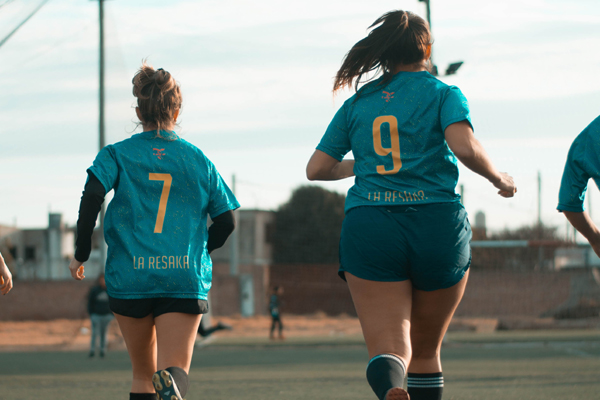1. Discipline and Commitment:
- Sports require regular practice and dedication. This fosters discipline, time management, and the ability to set and work towards goals. Athletes learn the value of persistence and hard work.
2. Teamwork and Collaboration:
- Team sports teach individuals how to work together, communicate effectively, and support their teammates. These skills are transferable to many aspects of life, including the workplace and relationships.
3. Leadership Skills:
- Participation in sports often provides opportunities for leadership roles, such as team captain or coach. This helps individuals develop leadership qualities, including decision-making, motivation, and responsibility.
4. Resilience and Adaptability:
- Sports involve facing both victory and defeat. Athletes learn to cope with setbacks, bounce back from failure, and adapt to changing circumstances. These experiences build resilience and adaptability.
5. Confidence and Self-Esteem:
- Achieving personal bests or team victories boosts confidence and self-esteem. This can translate to greater self-assurance in various life situations.
6. Stress Management:
- Physical activity is a powerful stress reliever. Engaging in sports helps individuals manage stress and maintain mental well-being.
7. Goal Setting:
- Setting and achieving goals in sports can be a model for setting and achieving goals in other areas of life. It encourages individuals to think long-term and stay focused on their objectives.
8. Time Management:
- Balancing sports, academics, and other commitments requires effective time management. These skills are invaluable in adulthood when juggling work, family, and personal pursuits.
9. Healthy Lifestyle Choices:
- Sports promote physical fitness and healthy living. Athletes are more likely to make healthier choices regarding diet and exercise, which can have a lasting impact on their well-being.
10. Conflict Resolution: - Sports may involve conflicts on and off the field. Learning to resolve disputes in a fair and constructive manner is a valuable life skill.
11. Sportsmanship and Fair Play: - Engaging in sports teaches individuals about the importance of fairness, respect for opponents, and good sportsmanship. These principles can be applied to everyday interactions.
12. Goal Orientation: - In sports, the focus is on specific goals and measurable outcomes. This goal-oriented mindset can carry over into other areas of life, encouraging individuals to strive for excellence.
13. Perseverance: - Athletes often encounter obstacles and setbacks, but they learn to persevere and keep pushing toward their objectives. This resilience is invaluable in personal and professional life.
14. Networking and Social Connections: - Sports offer opportunities to meet people, make friends, and build social connections. These relationships can open doors in various aspects of life.
15. Character Development: - Sports provide a platform for individuals to display their character, including qualities like integrity, sportsmanship, and ethics. These values are highly regarded in personal and professional settings.
In conclusion, the impact of sports on personal development goes beyond physical fitness. Participation in sports and physical activities can shape an individual's character, leadership abilities, and life skills. It instills values, fosters resilience, and equips individuals with the tools they need to succeed in various aspects of life. The lessons learned on the field or court often extend far beyond the boundaries of the playing field, enriching a person's overall development.




Comments (0)